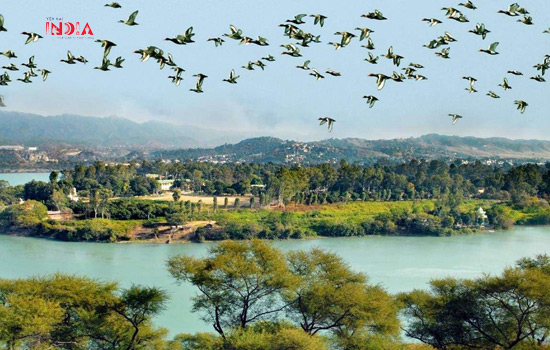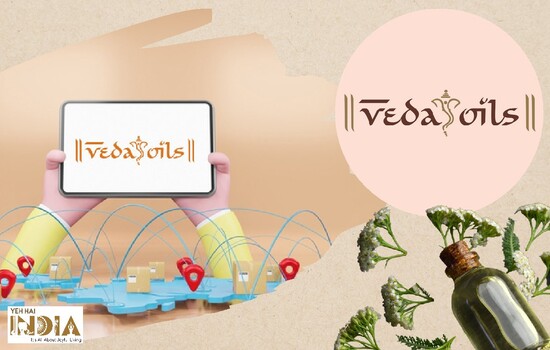Wetlands, the land where the water and land meets to create a freshwater waterbody that thrives our cities and life. Not many of us realise why wetlands are crucial for us and how these vanishing wetlands is causing severe water crisis in the world, jeopardising our lives.
Wetlands are conserved and protected land under Ramsar Convention which was signed in Ramsar, Iran in 1971. As of 2020 India has 41 ramsar sites which are large tracts of lakes in certain handful states down south and in the north-east. But there are much more vast water bodies in our cities and towns which are unconserved and are vanishing at a fast pace. It is this, the citizens and environment tech startups are protecting in their water crisis ending crusade.
Recommended Story – RY Energies: The startup ‘Baling us out’ from stubble burning problem
Diminishing Wetlands Drowning Cities
While the conservation of wetlands has become a global issue led by the Ramsar Convention which designates wetlands like natural lakes, water reservoirs etc as a conserved and protected land made for wildlife other freshwater supplies yet the problem of wetlands diminishing remains.
Most of this happens due to human nature conflict where human expansion like agriculture and industrial waste reclaims these spaces. Also the problems of high rising buildings adds to this human expansion but many of us don’t understand that this comes back to haunt us in the form of severe water crisis. In recent years, cities after cities in India have run out of water. It’s not just the problem of Chennai alone but of all other cities who are nearing water bankruptcy.
This year’s World Wetland Day theme “Wetland and Water” calls for this as it underlines the importance of wetlands as water sources.
Alongwith sustaining the biodiversity of the cities like Bombay, Calcutta and Chennai, Wetlands help in preventing flooding and collapse of cities which is crucial for cities close to the coast or rivers. In recent years there has been increasing floods, tidal waves and cyclones in Bombay, Chennai and Calcutta which is much more devastating than what used to happen before as our protective covering , the wetlands isn’t there to protect us anymore.
Not just that wetlands are crucial to filter germs like viruses and bacteria which cause diseases and during this pandemic we have become more aware of this benefit of wetlands.
A recent study done by Wetlands International South Asia (WISA) shows how the wetlands have affected our cities. According to their report, a 40 year research survey has shown that India has lost one third of its wetlands mainly in towns and cities. Such is the condition that cities are now deprived of wetlands as many of them are either polluted or have closed down.
Mumbai alone has lost more than 70% of its wetlands in the last 44 years, making flooding a much more regular event in the life of Mumbaikars.
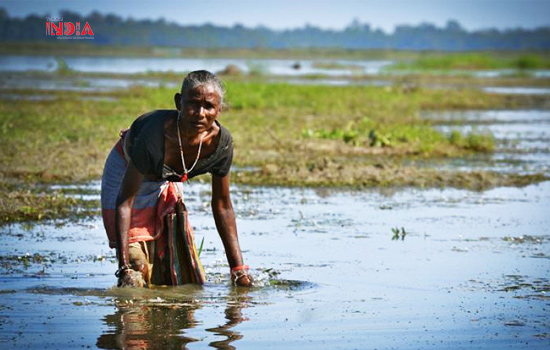
Today people travel to far off land to get a glimpse of wetlands and their wildlife and the major perception of wetlands these days are large lakes found in the north east and south of the country like Loktak Lake, Ooty Lake, Lonar Lake etc.
While all states don’t have a Ramsar site Wetland but surely they have smaller wetlands that the region thrives on and we need to protect those.
Saving Our Wetlands
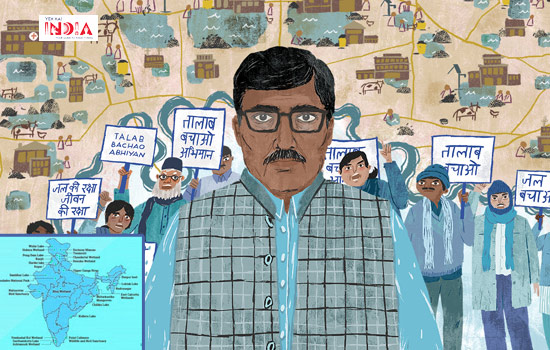
To remedy these ill effects to wetlands, many startups have taken to purifying water and reducing the industrial waste that pollutes these wetlands because a ‘World Without Wetlands Is A World Without Water’ and this is what our cities are turning into as wetlands disappear.
Wetlands are being promoted as a green infrastructure to protect them as sustainable living solutions for housing and other developmental processes. In Chennai, the Sembakkam Lake has been studied for this purpose by an IIT Madras lead organization Nature Conservancy who are studying the drainage and sewage flow to this lake and helping in the cleaning up procedure by people -to- people program
Since the 2015 chennai floods people have become more aware of this and are indulging in lake clean ups to conserve these water bodies.
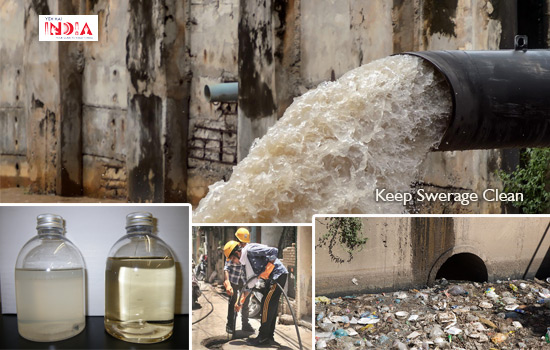
In Bangalore people are finding new ways to reduce the toxicity of sewage and drainage which pollutes these wetlands. Bangalore based startup ECOSTP has found a sustainable way to reduce sewage and drainage toxicity by using a special biomimicking machine which makes the waste mimic the biological condition thus preventing it from polluting waste.
Their biomimicking plant works in a zero power zero waste way thus minimizing pollution. With their plant, sewage is treated and reused for industrial purposes. This solves the wetlands pollution problem of bangalore as 40% of the sewage of bangalore used to end up in lake.
App for Wetland Interaction
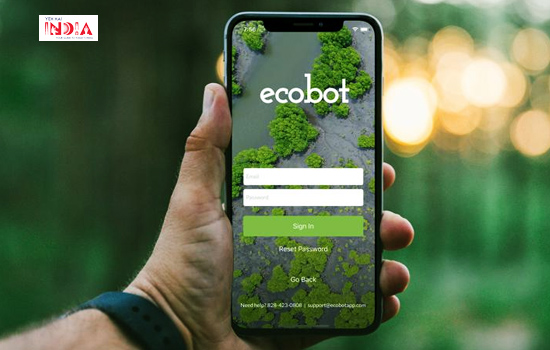
In recent times, a new international software and device Ecobot has come to the forefront which can aid in this process as it helps the volunteers, the workers, the scientists and the government to work together to clean these wetlands in a scientific way and to monitor its effects.
Ecobot is an international software that helps with our interaction with the wetlands with the help of which you can analyse a wetland and submit information regarding its pollution level and report it for clean ups or conservation.
So, with technology and mass initiatives we can save our wetlands – big or small. We just need to understand and work for it and not just visit it for some wildlife pursuit and that is what World Wetland Day is all about.
Recommended Story – Is there a Solution to Delhi’s Air Pollution? List of Startups working to solve the problem


